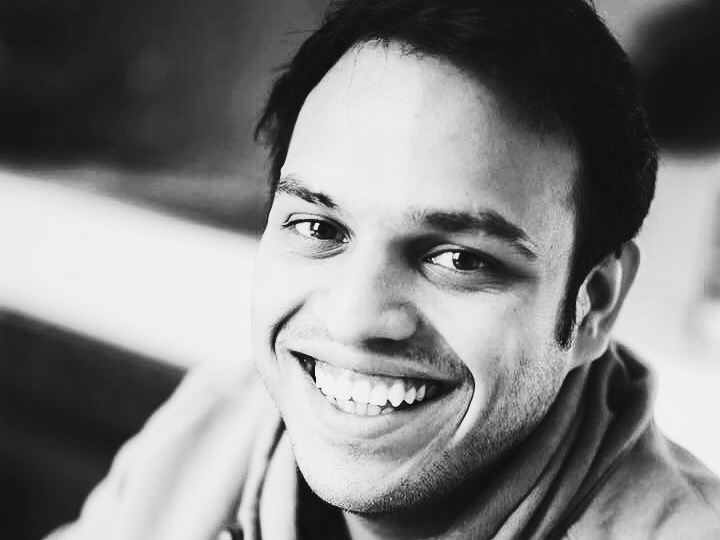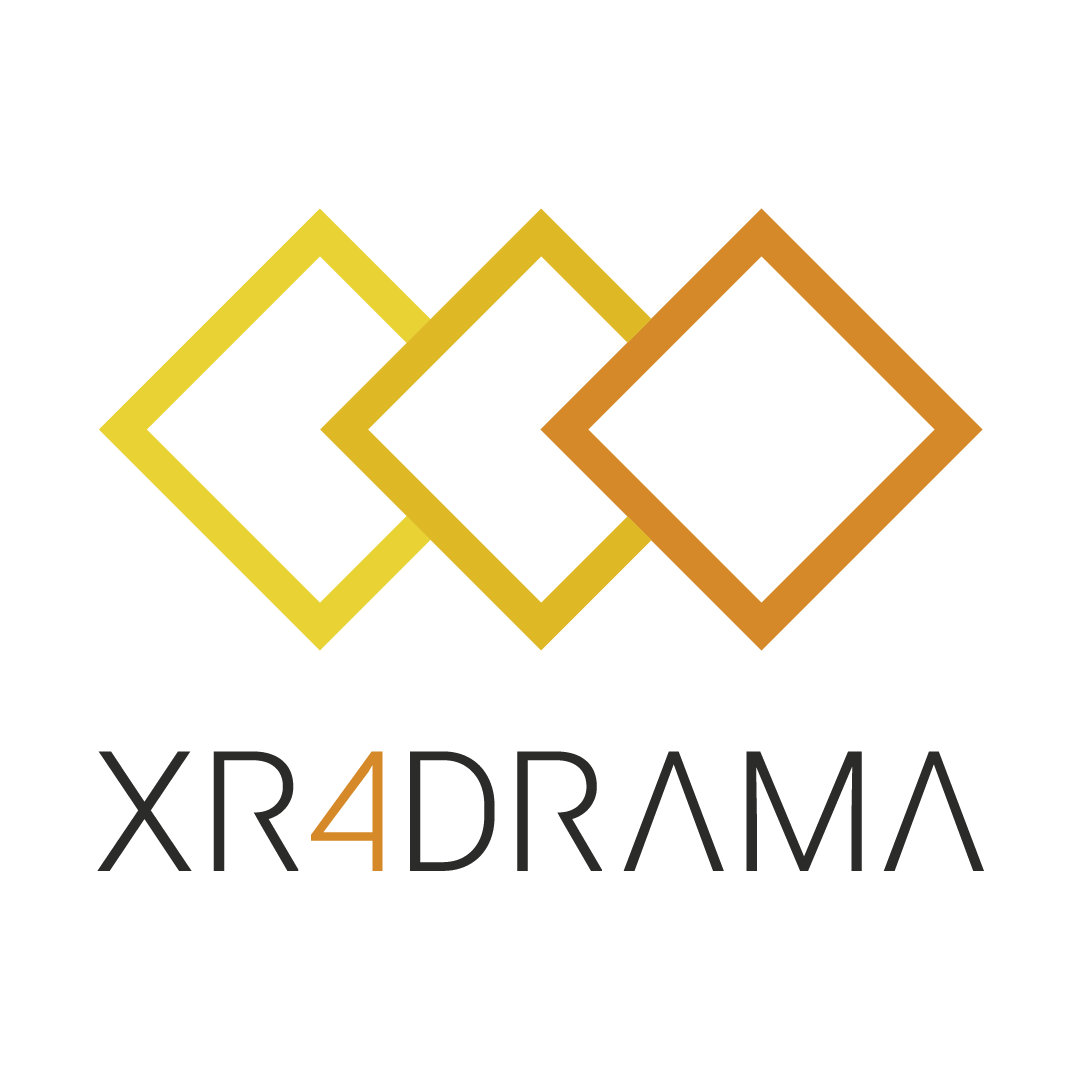
In this series of blog interviews, we further introduce the people and organizations behind XR4DRAMA by asking them about their work and their particular interest in the project. Our fourth interview partner is Yash Shekhawat of Nurogames, a German software house that specializes in game development and immersive media.
1) When did you first get in touch with the concept of situation awareness and XR technology?
My journey with XR started about six or seven years ago when the technology was still in its early stages of development. The concept of situational awareness using XR has always been a topic of interest for me, specifically with regard to the industries it can be used in and XR data visualization. Over the last years we have worked on providing new interfaces and information in XR, e.g. in projects like V4Design, CONNEXIONS and MindSpaces.
2) Who is in your team – and what are your colleagues working on at the moment?
Our team currently consists of Dr. Sebastian Freitag (lead Unity development), Bjorn Goetschke (backend development), Sven Wilke (junior unity development) and myself (project and integration lead). There’s also Dr. Holger Sprengel who takes care of XR4DRAMA market analyses and business planning. The team as a whole combines a lot of expertise, from software architecture design to supported navigation in immersive virtual environments. Since we have a very collaborative environment at Nuro, we can also tap into the knowledge of other colleagues. They also help with the project’s implementation.
3) From your point of view: What are the most interesting aspects about XR4DRAMA?
I think it’s the collaborative VR application we’re building that has the most potential and will prove to be at the forefront of situational awareness in the next couple of years. The will tool will help not only with immersing oneself in a specific environment, but also support collaboratation in it and situational awareness for relevant parties. We’ll have a whole new level of SA, driven by interpreted and visualized data.
4) What could be a challenge for the consortium?
Apart from Corona, two of the major challenges for consortium will be user testing and adaptation. These challenges are actually faced by most projects that work with novel technology. More often than not, users of legacy systems are afraid to change their workflows and habits. There’s a learning curve and, of course, the question of reliability of the new system. XR4DRAMA provides a new, radical approach to situational awareness, and a lot of the industries we’re targeting have not really used XR technology before. We’ll have to except a longer learning process.
5) When the project is over in late 2022, what kind of outcome do you expect?
As for Nuro, we’d be very interested in using the knowledge and the tech generated during the project to expand our offerings in the XR market and thus cater to new customer segments. I’m positive the authoring tool and the collaborative tool will help create new and very useful types of XR environments for a number of business purposes.
Our next interview partner will be Rita Paradiso of Smartex
